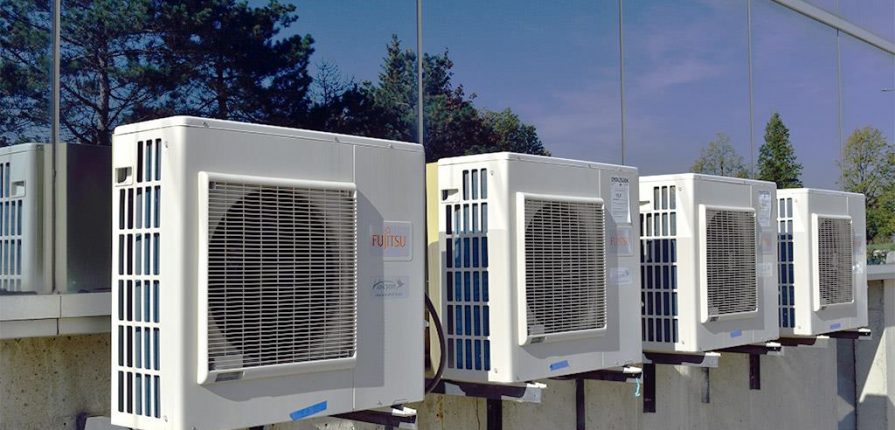DRED Concerns: How the electricity suppliers will soon possess the capability to remotely deactivate your air conditioner to limit supply.suppliers will possess the capability to remotely deactivate your air conditioner to ensure a balance between demand and supply
Introduction
In the pursuit of a more efficient and sustainable energy grid, technological advancements have introduced innovative solutions such as Demand-Enabled Response (DRED) for air conditioning units. While the concept aims to alleviate strain on the grid during peak demand periods, it’s crucial to examine the potential drawbacks and concerns associated with this technology. This article delves into the aspects that raise scepticism about the remote control capabilities of DRED systems.
Privacy and Autonomy Concerns
One of the primary concerns with DRED technology is the potential infringement on consumers’ privacy and autonomy. Allowing electricity suppliers will soon possess the capability to remotely deactivate your air conditioner to limit supply. Companies who can remotely control air conditioning units raises questions about data security and the extent to which consumers’ personal preferences and comfort are being compromised. While DRED proponents argue that the adjustments made are temporary and subtle, the underlying principle of remote control remains disconcerting for those who value their control over household appliances.
Comfort Disruption
Air conditioning units play a pivotal role in maintaining indoor comfort, especially during scorching summers and freezing winter mornings. Introducing remote control capabilities can lead to discomfort and inconvenience for occupants. Sudden temperature adjustments or even temporary shutdowns mandated by the electrical company may result in an uncomfortable living environment, particularly for vulnerable populations such as the elderly, young children, or those with health conditions that require temperature regulation.
Reliability and Technical Glitches
DRED systems rely heavily on technology, and like any technological solution, they are susceptible to technical glitches and failures. Imagine a scenario where the electrical company sends a signal to adjust air conditioning units during a peak demand period, but due to technical issues, the signal is misinterpreted, resulting in a complete shutdown of the cooling system. Such incidents can lead to not only discomfort but also potential health risks in extreme weather conditions.
Lack of Consumer Choice
While DRED programs will become mandatory. As Victoria’s energy crisis worsens where demand will be unable to meet supply requirements. This lack of flexibility can be frustrating for those who wish to maintain their independence in managing their home appliances.
Conclusion
While the concept of Demand-Enabled Response for air conditioning units aims to contribute to a more sustainable energy grid, it’s essential to recognize and address the concerns that come with remote control capabilities. The potential invasion of privacy, disruption of comfort, technical glitches, limited consumer choice, and economic disparities all warrant careful consideration when implementing such technology. Striking a balance between grid stability and consumer autonomy remains a challenge that requires thorough examination, open dialogue, and robust safeguards to ensure that any solution respects the rights and preferences of individuals.
For Further Infomation Or To Arrange An Appointment
Phone 1300 30 90 30
![]()



Recent Comments